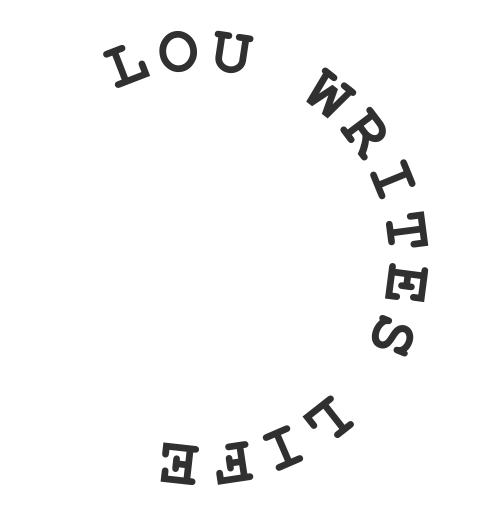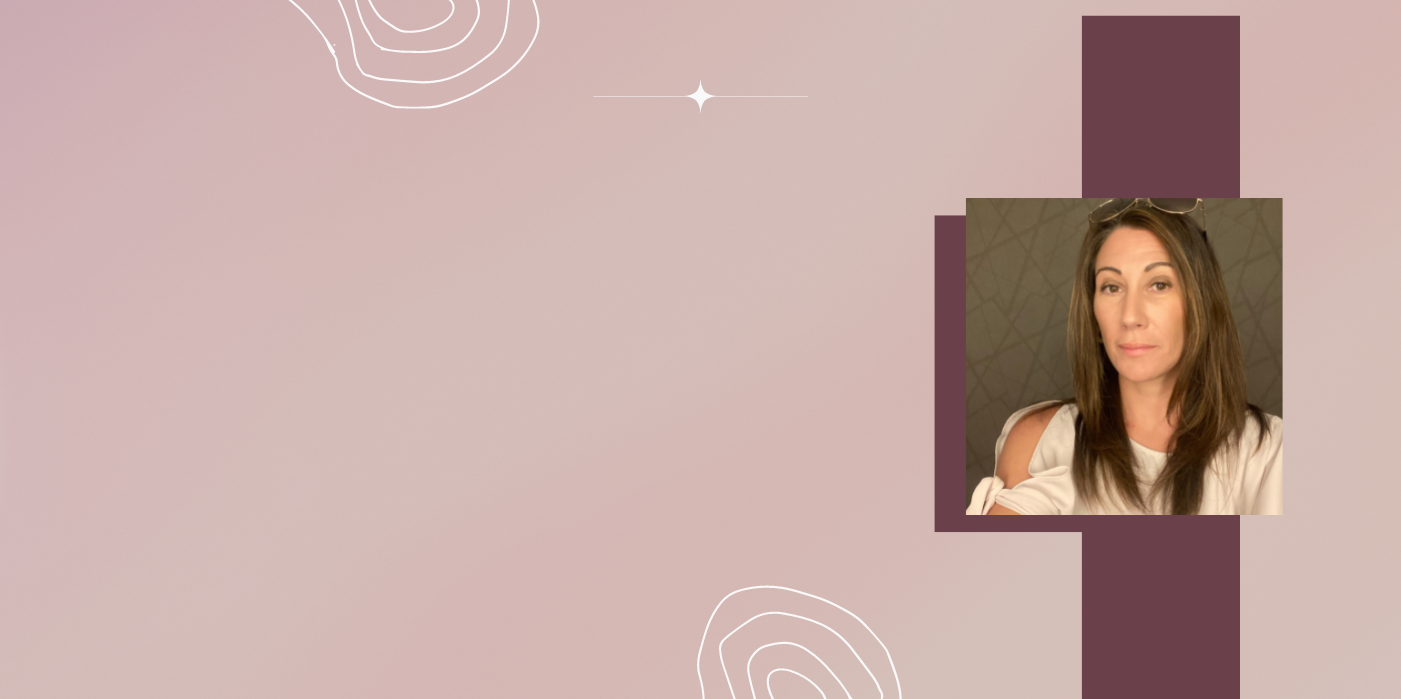Some words are interchangeable – clever <> smart, accurate <> correct, rest <> relax – but ‘security’ and ‘safety’ aren’t two of them.
Se·cu·ri·ty – the state of feeling safe, stable, and free from fear or anxiety. Or the state of being free from danger or threat.
Safe·ty – the condition of being protected from or unlikely to cause danger, risk, or injury
Given that security is a “state of feeling safe” then it’s essentially an internalised state. Whereas safety being a “condition of being protected” would suggest it could be provided by ourselves, or another. Reading those definitions above now, I wonder if I’d just picked up a dictionary sooner, maybe I could have understood the differences earlier and stopped looking for security from someone else!?
I searched for security in my relationships for a long time – likely a result of witnessing my parents divorce and then my own, hoping proof of security meant a happy ever after – but a few years ago I had the realisation that security isn’t found in trusting that they won’t leave me, it’s trusting that I won’t leave myself. In this post, I admitted that I’d had security all wrong for a while – I used to put it in someone else’s hands, unaware that it was actually in mine the whole time.
Looking to others for security talks to our inability to securely attach – rather than anxiously. (If you haven’t read about attachment styles, here’s a great article explaining it.) And while based on our previous experiences or trauma it can be a challenge to securely attach, we ultimately do hold that within our own grasp. Do I stay true to myself? Do I set & enforce my boundaries? Do I own my responsibility in relationships? Do I know who I am & who I want to be? Do I avoid relationships that push me out of alignment? Do I maintain my voice, even if it’s uncomfortable?
Realising it was mine to give myself – with some work on self worth, self love and boundary setting – it became clear that if I don’t “leave” myself then I have the security I’d always been looking for, no matter the relationship. Not least because no relationship, ever, is an absolute sure thing so it can’t be 100% “secure” if you’re basing that in any way on the other person.
When I was anxiously attached in relationships previously, I used to seek security by rushing to a place of commitment which I (wrongly) believed made a relationship more secure, or wanting extremely frequent contact. But when therapy works, it works! And over time I learnt that a) that isn’t security and b) there’s something more important I’m looking for in a partner. Safety.
The early dating stories in my first book, ‘Lou Who?’, talk a lot of that anxious attachment and misplaced search for security I had, while the story of book two (coming out later this year) talks entirely to a need for safety. Having a partner who actively protects you from danger, risk or injury and is not a threat of those things themselves, is a far higher priority for me now than looking to them for security.
I’ve gone from wondering “is this person going to leave me” to “is this person a safe space, am I safe with them?”
Safety in all our relationships, not just romantic relationships, enables us to be truly ourselves, to be vulnerable, and to fully show up, in the knowledge that there isn’t an inherent risk or danger to us. There’s trust that this person offers some element of protection. Someone’s ability to make us feel like that can be unique.
Sometimes safety can also feel underwhelming, if what we’ve been used to is unsafe, anxious chaos, which we mistake for excitement and butterflies. Then when what we have is calm safety, it’s possible to be left asking “where’s the rest?” But it’s in those relationships you’re actually able to build something real and of value.
I now don’t need someone to “commit” and be around all the time to make me feel secure. I am secure in myself. Instead, first and foremost, I need them to show up offering safety. That’s my non-negotiable. Sometimes we can mistake control or approval for safety, as per Nicola Jane Jobbs, but ultimately it is safety in its truest form that we’re yearning for. And our bodies don’t lie, our guts know, if something is off it reveals itself eventually. Once we have safety, the yearning for those other things diminishes.
But when it comes to security and safety, is it the chicken and the egg situation? Do you need safety to feel secure? Or do you need to feel secure to be safe? I’d offer that they’re actually almost unrelated because one is about the relationship with ourselves and the other is about our relationship with others. We must nurture both.
Subscribe To My Newsletter
BE NOTIFIED ABOUT NEWS & EVENTS
Your information will not be shared.




